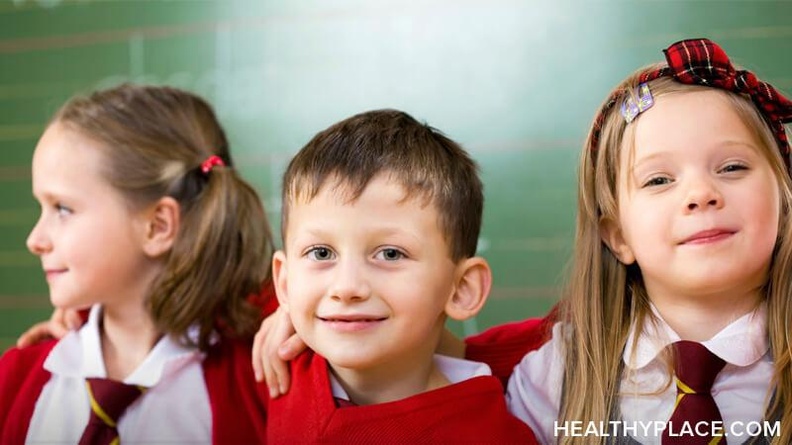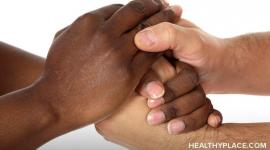ADHD Children and Peer Relationships

For children with ADHD, peer relationships can present a significant challenge, but there are many things parents can do to improve the ADHD child's relationships.
Attention-Deficit Hyperactivity Disorder (ADHD) can have many effects on a child's development. It can make childhood friendships, or peer relationships, very difficult. These relationships contribute to children's immediate happiness and may be very important to their long-term development.
Research suggests that children with difficulty in their peer relationships, for example, being rejected by peers or not having close friends, suffer from self-esteem problems. In some cases, children with peer problems may also be at higher risk for anxiety, behavioral and mood disorders, substance abuse and delinquency as teenagers.
Parents of children with ADHD may be less likely to report that their child plays with groups of friends or is involved in after-school activities, and half as likely to report that their child has many good friends. Parents of children with ADHD may be more than twice as likely than other parents to report that their child is picked on at school or has trouble getting along with other children.
How does ADHD interfere with peer relationships?
Exactly how ADHD contributes to social problems is not fully understood. Several studies have found that children with predominantly inattentive ADHD may be perceived as shy or withdrawn by their peers. Research strongly indicates that aggressive behavior in children with symptoms of impulsivity/hyperactivity may play a significant role in peer rejection. In addition, other behavioral disorders often occur along with ADHD. Children with ADHD and other disorders appear to face greater impairments in their relationships with peers.
Having ADHD does not mean a person has to have poor peer relationships.
Not everyone with ADHD has difficulty getting along with others. For those who do, many things can be done to improve the person's relationships. The earlier a child's difficulties with peers are noticed, the more successful intervention may be. Although researchers have not provided definitive answers, some things parents might consider as they help their child build and strengthen peer relationships are:
- Recognize the importance of healthy peer relationships for children. These relationships can be just as important as grades to school success.
- Maintain on-going communication with people who play important roles in your child's life (such as teachers, school counselors, after-school activity leaders, health care providers, etc.). Keep up-dated on your child's social development in community and school settings.
- Involve your child in activities with his or her peers. Communicate with other parents, sports coaches and other involved adults about any progress or problems that may develop with your child.
- Peer programs can be helpful, particularly for older children and teenagers. Schools and communities often have such programs available. You may want to discuss the possibility of your child's participation with program directors and your child's care providers.
Source: National Center on Birth Defects and Developmental Disabilities, Sept. 2005
APA Reference
Staff, H.
(2021, December 23). ADHD Children and Peer Relationships, HealthyPlace. Retrieved
on 2026, January 12 from https://www.healthyplace.com/relationships/mental-illness/adhd-children-and-peer-relationships



